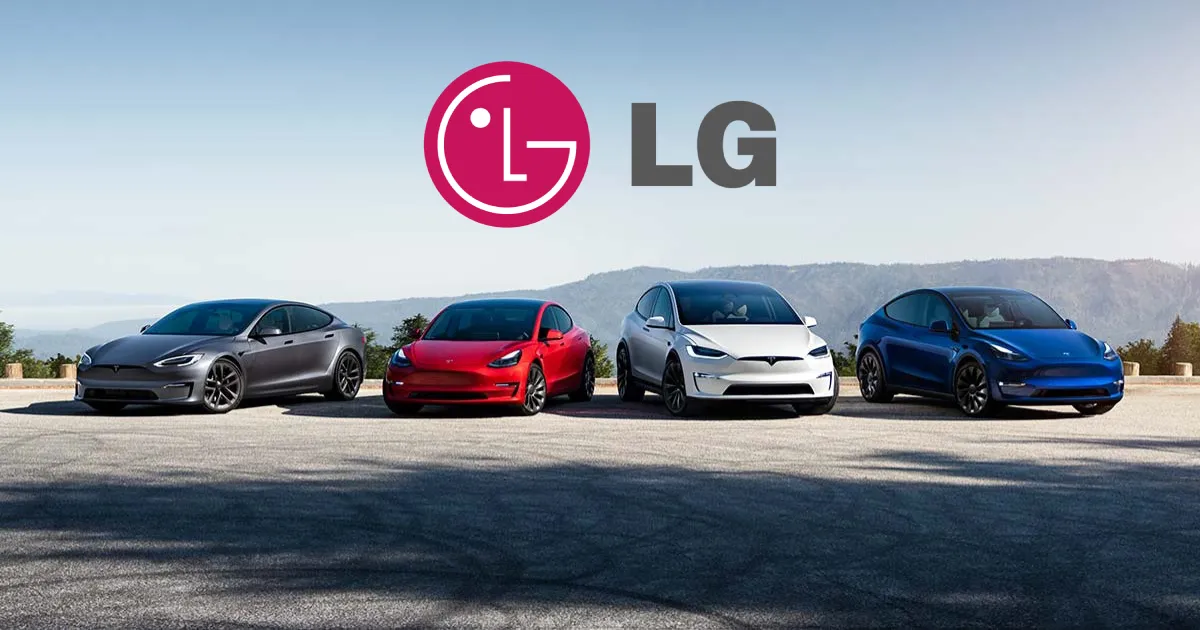Tesla signs $4.3 billion storage battery deal with LG

Tesla has entered a $4.3 billion agreement with LG Energy Solution (LGES) to supply lithium iron phosphate (LFP) battery cells, marking a significant shift in the automaker’s battery sourcing strategy. While Tesla remains one of the most vertically integrated automakers in the world, it still depends heavily on external suppliers for battery cells—arguably the most critical component of any electric vehicle or energy storage system.
Historically, Panasonic has been Tesla’s key partner for nickel-based battery chemistries, while China’s CATL has supplied the more affordable and thermally stable LFP cells, which are commonly used in standard-range Model 3s and Model Ys. The newly signed deal with LGES now provides Tesla with a fresh, non-Chinese source of LFP cells.
According to The Korea Economic Daily, the agreement will span from August 2026 through July 2030, with options to extend. LGES will manufacture the LFP cells in its Michigan facility, thereby helping Tesla circumvent the U.S. tariffs imposed on Chinese-made goods. This not only diversifies Tesla’s supply chain but also aligns with growing geopolitical and trade concerns about overreliance on China.
Despite Tesla’s strong brand in electric vehicles, the new batteries are unlikely to go into its cars. Instead, they are expected to support the company’s energy storage products—such as the Powerwall, Powerpack, and Megapack. These products, which are part of Tesla’s broader clean energy vision, are designed for residential, commercial, and utility-scale storage.
The timing of this deal is notable. EV demand in North America has softened, with sales forecasts being revised downward and inventory levels rising. By redirecting LFP supply to its energy division, Tesla appears to be doubling down on a segment that Elon Musk has long championed as having enormous future potential.
Still, the impact of this pivot remains unclear. While Musk has repeatedly touted the long-term value of Tesla’s energy business, its financial contribution remains relatively small and actually declined in the most recent quarter. Whether this new supply agreement can help turn that trend around remains to be seen.
Nonetheless, the LGES partnership offers strategic benefits: It localizes a critical component of Tesla’s supply chain, buffers against geopolitical risks, and underscores a broader shift toward clean energy storage as a key pillar of the company’s growth strategy.





